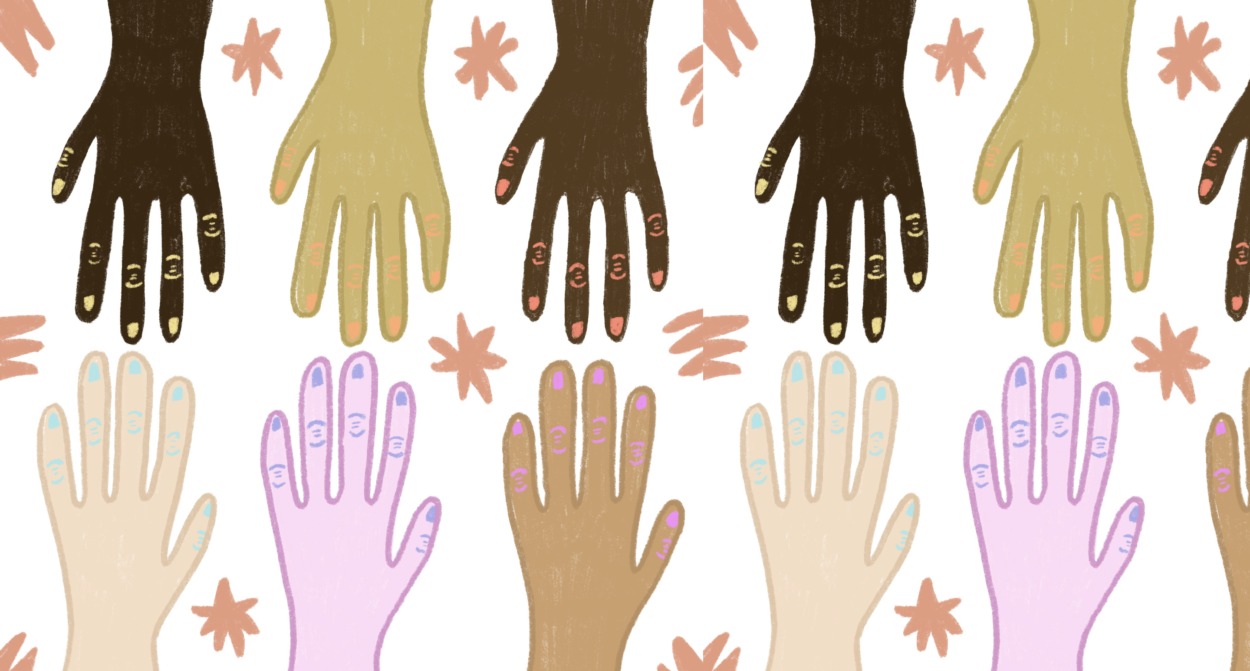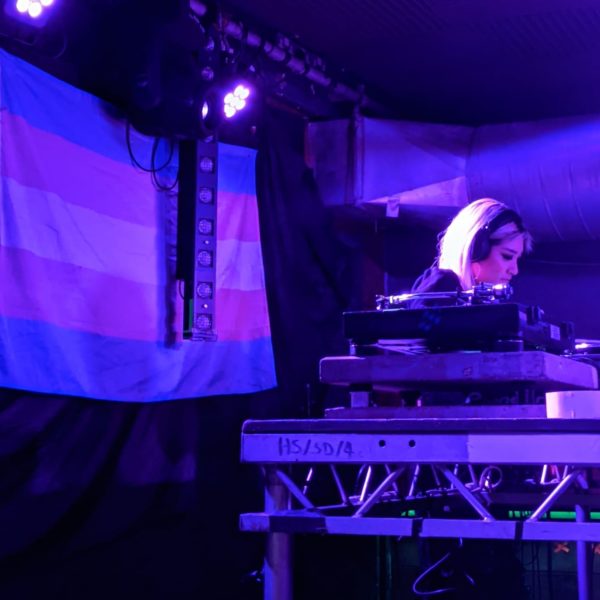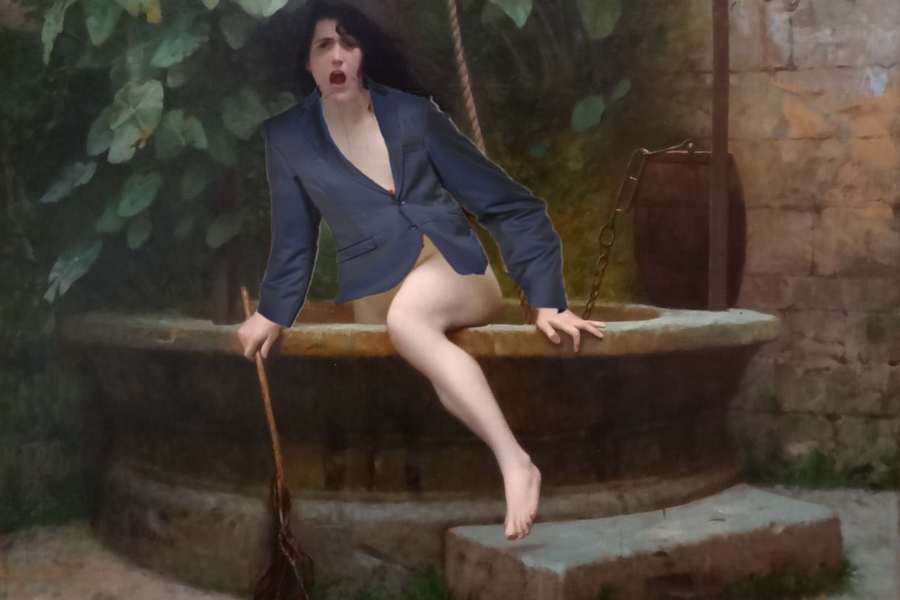The Radical Bookfair hosted by Lighthouse Books has become an annual meeting ground for creative discourses that often live on the margins of our mainstream media, to be thoughtfully considered. This year’s event saw a host of panels and discussions based on the theme ‘Futures Worth Fighting For’ which focused on how to materialize our radical imaginations for a better world.

Reflections on ‘Feminist Futures’ at the Lighthouse Radical Bookfair, Imagining an alternative world
“To be truly visionary we have to root our imagination in our concrete reality while simultaneously imagining possibilities beyond that reality.” -bell hooks.
The closing panel of the fair, with the speakers Akwugo Emejulu and Roxani Krystalls, considered what a feminist future may look like. A vision that would transcend the structural bounds of capitalism, white supremacy and patriarchy that often blockade it.
They both briefly described their feminist journeys, which inform their frameworks for alternative worlds. Emejulu began her work in grassroots activism in both the U.S and the U.K, particularly in Texas, humorously remarking that trade union activism in Texas will teach one everything about political failure. Krystalli, on the other hand, has mostly engaged in feminist thought through the lens of peacebuilding and transitional justice.
This notion of failure, and the acknowledgment of it, became central to opening the discussion of imagination. Both panelists stressed the importance of an acceptance and understanding of historical failures within radical movements as a focal point to any vision we try and conceive of the future. The dealing of failure seems pertinent in today’s British political landscape, in this moment of left-wing failure combined with a decade of austerity. These failures can lead to overwhelming feelings of collective despair, a feeling that becomes almost inevitably tied to any space of activism.
Despair, with all its negative connotations can seem like the most unproductive of emotions to fuel imagination. However, both speakers agreed on its importance in moving past failure. Often also mingled with feelings of anger, despair becomes a necessary component in dealing with failures in social organization as long as these feelings are pushing us towards further thought and collective action. When not thought through, despair can lead to complacency in our political projects halting imagination. Krystalli gave a chilling example from her work in conflict: stating how many people working in these spaces start to think of certain, often gender-based, violences such as sexual violence and war-time rape as unstoppable consequences and instruments of conflict contexts. Krystalli condemns such thinking, which despair can facilitate. Instead, she calls for trying to imagine whole new contexts where such horrific violences do not have the ability to flourish, rather than despair in the tragedies of our existing ones. We must not be afraid of asking the big questions –what does non-extractive work look like? What are non-patriarchal relationships? What is conflict without violence? Krystalli noted that fiction is often a place she looks to in these moments of questioning, as reading fiction can operate as a ‘world building exercise’ to visualize a world beyond those of our frameworks bound by over-powering structures.
The collective nature of this action, the panel agreed, is vital when asked about which feminisms influence their personal feminist thought and fuel their visions for the future. Emejulu’s visions arise from a black feminist tradition. She insisted on the roots of this tradition in Crenshaw’s intersectional model, an intellectual root that she made clear often goes unacknowledged today, as so much of black feminists work has fallen out of mainstream feminist discourses. This acknowledges a key point of failure within this movement, namely the simultaneous exclusion and appropriation of marginalized voices. She pointed to one of her major influences, bell hooks’, feminist theory From Margin to Centre to ask questions regarding: who still sits firmly at the center? And how this center point governs our ability to imagine futures.
Krystalli shared the influence of bell hooks’ and many other black feminists work in shaping her feminist politics, in seeing a feminist future as exactly that – a political project. She also noted that we must recognize that the label of ‘feminism’ or ‘feminist’ can easily be, and historically sometimes has become, reduced to a label. She spoke of being far more interested in feminist modes of living and the structures that can make these modes a possibility, inspiring a sense of action in the audience.
This sense of purposeful action was animated at The Assembly Roxy as these thought-provoking questions spurred audience questions and conversations about numerous strands of feminist thought such as the decolonialization of our future as well as eco-feminist ideas. This plethora of ideas, aligned with the overall drive of the conversation to transform present despair into imaginative visions, visions of the future where collective action can change the framework of our structures and turns a feminist future from a vision into a reality.
‘Feminist Futures’ is online and available to watch here: https://lighthousebookshop.com/events/feminist-futures
Trisha Mendiratta, Society and Community Editor
Header image by the wonderful Peggy Mitchell, one of our graphic designers






Leave a Comment